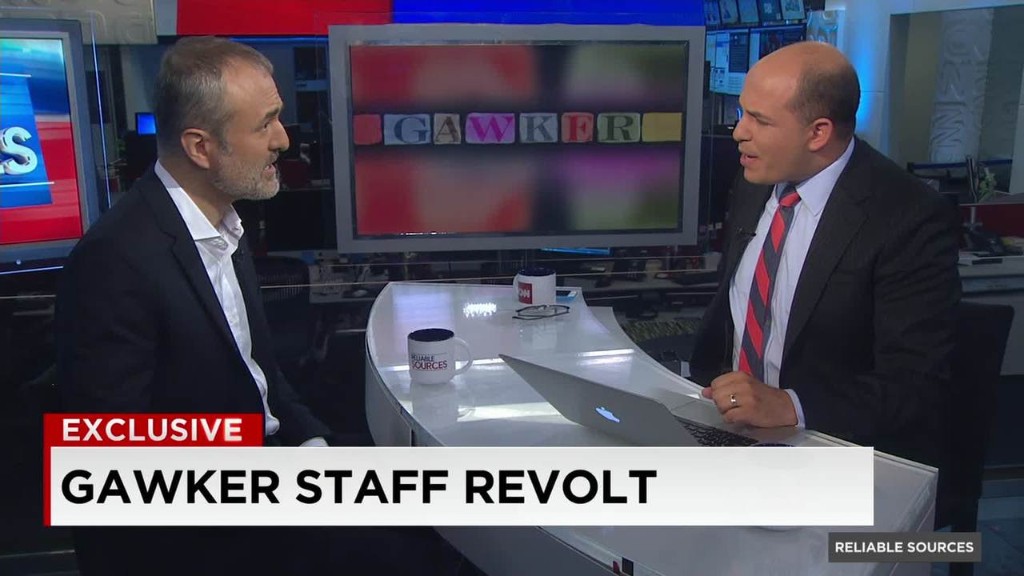
"Sometimes those jobs are very demanding,” says Lowell Peterson, executive director of the WGA East. Workers today have it pretty good, journalists at Gawker included.Īnd yet the culture of Silion Valley also demands a kind of absolute devotion to a company’s mission that can lead to a deep ambiguity about where workers stand, even when they think they have everything they could possibly want.

The employee-centric workplaces of today’s new media shops are a world apart from the dangerous manufacturing and textile jobs of the past.
JOBS AT GAWKER FREE
Media startups today like to align themselves with the culture of Silicon Valley, where companies like Google and Facebook have made it their mission to out-compete each other by offering competitive salaries, stock options, and perks like free transit and dining. This is the question Gawker writers will have to answer on Wednesday, and unions will have to answer if they hope to organize other digital-first newsrooms. “There’s an element here where he likes being a media trouble maker and zizgging when everyone’s zagging. When Craggs approached Denton with the news, “he gazed off into the distance, gave me a half smile, and shrugged,” Craggs says. “I am politically, tempermentally, and, almost, sentimentally supportive of the union drive,” Craggs tells WIRED, although as a manager he won’t be voting or able to join it.Įven Gawker owner Denton seems open to the idea. Brennen explains that it can affect workers’ individual freedoms, too, making it difficult (or impossible), for example, to negotiate independent raises.īut Gawker Media’s executive editor Tommy Craggs expects a union will only make the company stronger by codifying ad hoc practices to make sure writers wants and needs are evenly met. But a contract doesn’t just delineate what a company has to provide for its employees. Unionizing does change how any company interacts with its workers. “I am so disillusioned by the process we have undertaken so far that I have little faith in our ability to band together and negotiate a contract that improves our collective standing,” argued Deadspin staff writer Kevin Draper. Other writers have complained that the shift to unionize is happening too fast, that the extremely public process has created a toxic environment for writers, that communication has kept remote workers in the dark, and that contract workers will not be included in the decision. They want the kind of power that comes from having the terms of their employment spelled out in black-and-white, a contract as a shield against the pervasive uncertainty about how the business of media works today. But the members of Gawker’s staff who are campaigning very publicly to organize its writers say that’s not enough.

If anything, the union campaign at Gawker is a sign that everything new is old again.ĭigital news upstarts, and tech companies in general, have largely tamped down the will to organize by offering employees competitive salaries and benefits, flexible workplaces, and corporate cultures that preach employee empowerment. Collective bargaining may be a new idea for young publishers like Gawker, but journalists have a long history of organizing-staffers at the New York Times, the Associated Press, and countless regional newspapers are, in fact, already organized. It's a watershed moment not just for Gawker, but for the media industry as a whole-the first time such a vote has taken place in a digital-first newsroom.īut it's not exactly a revolution. The company’s editorial staff will hold an election on Wednesday to determine if its reporters will join a union, including all staff writers of its popular sites like Jezebel, Gizmodo, and Deadspin.


 0 kommentar(er)
0 kommentar(er)
